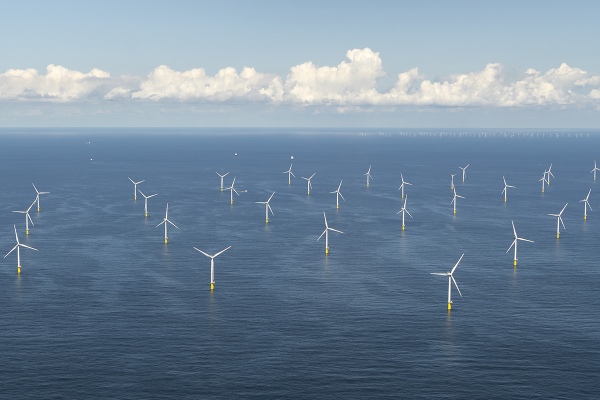The organisation criticised the Norwegian Water Resources and Energy Directorate (NVE) for failing to assess the cumulative environmental and economic effects of multiple offshore wind projects. “It is alarming that cumulative impacts have not been properly evaluated. This must be done before any areas are opened for development,” it wrote, calling for a separate report on total cumulative pressure.
Key Fishing Areas Must Be Excluded
The Forening identified four areas that it said must not be developed due to their critical importance to fishing and marine biology:
Nordvest C
Vestavind E
Sørvest E
Sønnavind A
It also warned that the southern North Sea could face “excessive cumulative pressure” if multiple wind zones are approved.
“Fisheries Must Be Classified as Extremely Important”
The Forening strongly opposed NVE’s decision to rank fisheries as merely “very important”, demanding that they be classified as “extremely important”. It said the fishing industry is one of Norway’s most vital sectors — essential for national food security, employment, and coastal settlement.
Quoting the Norwegian Directorate of Fisheries, the submission emphasised that fisheries are “the only industry explicitly listed” in the government’s marine spatial planning principles and that its long-term sustainability underpins Norway’s maritime rights.
Weak Science and Inadequate Funding
Pelagisk Forening said the government’s knowledge base for wind energy planning is “too weak and politically influenced”. It criticised insufficient funding for marine research, arguing that the level of scientific work supporting the SKU is “in sharp contrast” to the billions in state aid given to offshore wind developers.
The submission demanded significant new funding for research into wind energy’s effects on fish, plankton, spawning grounds, and food webs before any development proceeds. “We must have clear evidence that offshore wind will not harm marine life before any area is opened,” it said.
Flawed Assumptions and Misleading Data
The organisation said key assumptions about fishing activity, vessel tracking, and species distribution were “misleading or incomplete”. It warned that the data used underestimated the value of pelagic fisheries such as mackerel and herring, and that outdated price estimates had distorted economic analyses.
“The valuation methods downplay impacts on fisheries and overstate potential benefits,” it said, criticising NVE’s claim that fishing efficiency would be only slightly reduced. The group argued that the true losses to fishermen would be far greater, with some small-scale operations potentially forced out of business entirely.
Wind Farm Zones Will Exclude Fishing
Citing the official impact assessments, the Forening noted that commercial fishing within wind farm areas is considered “highly unlikely”. It said the only realistic mitigation measure was to avoid siting wind farms in productive fishing grounds altogether.
“The claim that fishing gear can still be used within wind farm areas is unrealistic,” it said, adding that one-kilometre statistical grids used to assess fishing activity were too small and failed to reflect the full operational footprint of modern vessels.
“Premature and Dangerous Development”
The Pelagisk Forening concluded that the government is proceeding “before key knowledge gaps are filled”, contrary to the precautionary principle. It called for a halt to any opening of new wind zones until the full environmental and fisheries impacts are scientifically understood.
“The development of offshore wind under current conditions risks critical damage to marine ecosystems, food production, and the fishing industry as a whole,” the submission warned. “This is a premature and dangerous course of action.”
Background
The Pelagisk Forening represents Norway’s pelagic fishing fleet, including vessels targeting herring, mackerel, blue whiting, and other migratory species. Its submission was prepared jointly with Pelagisk Servicekontor and signed by Managing Director Mariann Frantsen and Senior Adviser Mia Høgi on 10 October 2025.
